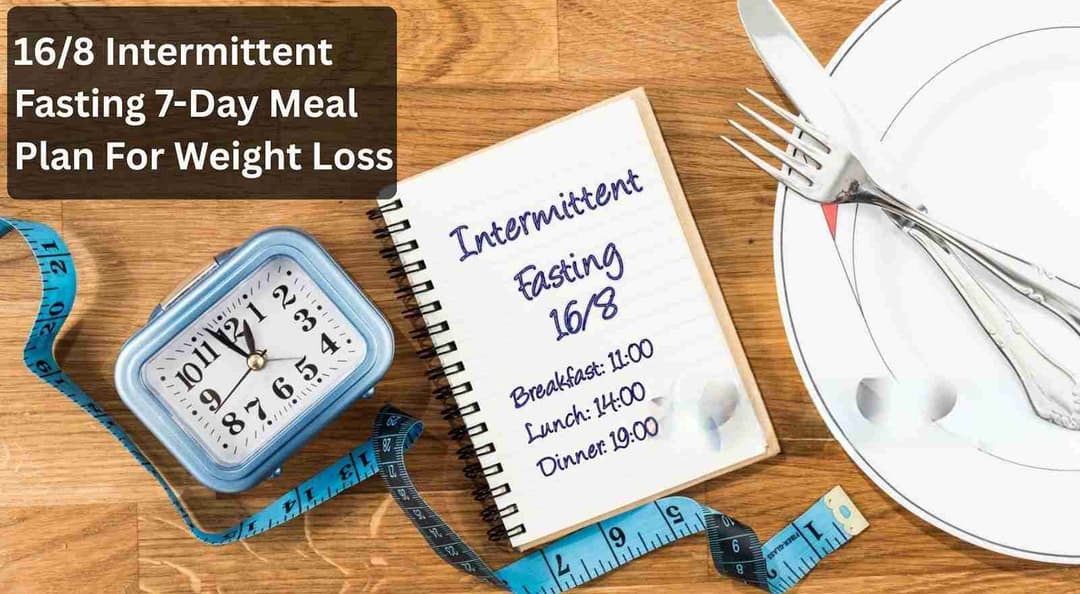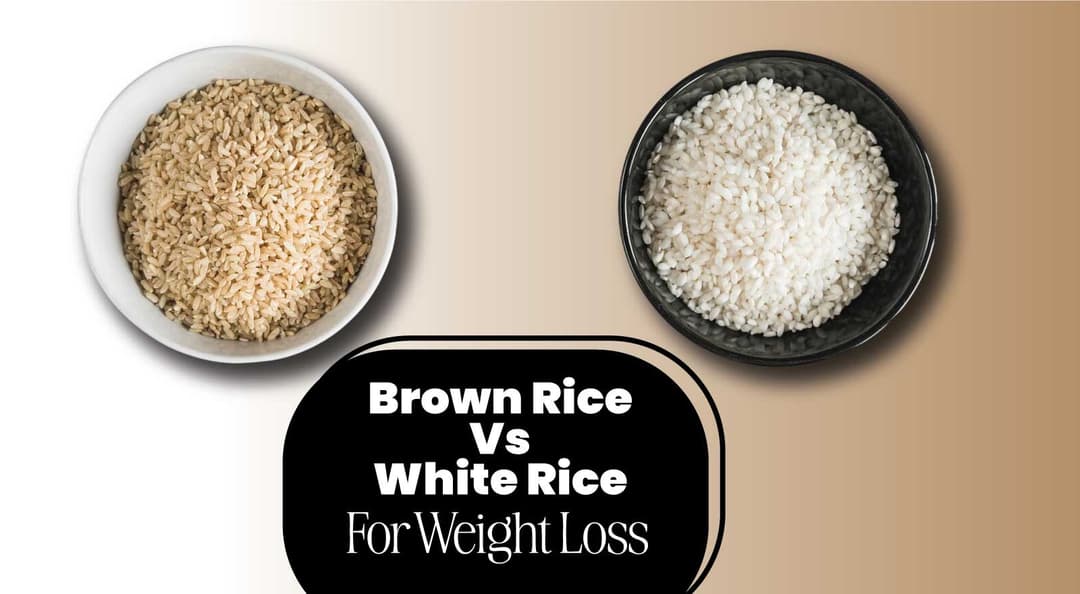When learning about healthy foods, we often hear of dietary fibre and its big role in a balanced diet. But what even is dietary fibre? Fibre is basically the parts of plant-based foods that cannot be fully digested in our intestines.
Foods rich in fibre include different fruits, vegetables, and whole grains, which have been consistently shown to benefit our health and reduce the risk of disease. Unlike the macronutrients (carbs, protein and fats), fibre passes through the intestine and colon, aiding in digestion. It also makes a major part of a raw food diet!
Eating a high-fibre diet has many potential health benefits, such as reducing the risk of stroke, heart disease, and type 2 diabetes. It can also help treat digestive problems like constipation, diarrhoea, and haemorrhoids.
In this blog, we discuss the definition of fibre and the many health benefits associated with its regular intake.
Table Of Contents
- What Is Dietary Fibre? Nature’s Broom For Your Body
- What Are The Benefits of Taking Fibre? 8 Health Benefits of Dietary Fibre
- How Much Dietary Fibre Should You Consume?
- Dietitian’s Recommendation
- The Final Say
- FAQs
- References
What Is Dietary Fibre? Nature’s Broom For Your Body
Dietary fibre is technically a type of carbohydrate that is an essential part of a healthy diet. It is defined as plant compounds that undergo complete or partial fermentation by intestinal microflora in the intestine instead of being completely digested.
This type of carbohydrate (often referred to as 'roughage') comes in 2 forms:
- Soluble fibre: dissolves in water.
- Insoluble fibre: does not dissolve in water
Unlike fats, proteins, and other carbs like starches and sugars, fibre has its own methods. While those nutrients get broken down and absorbed, fibre stays intact and, instead, makes its way through your stomach, small intestine, and large intestine before exiting your body.
Because it is difficult to absorb as it passes through the gastrointestinal system, fibre is considered relatively indigestible. Most fibre stays in the intestines, keeping the digestion in check and your bowel movements consistent.
Also Read: 9 Benefits Of Sprouted Moong For Weight Loss & Dietary Considerations!
What Are The Benefits of Taking Fibre? 8 Health Benefits of Dietary Fibre

Here are the health benefits of eating dietary fibre regularly:
1. Improves Digestive Health
Two Fibres, One Goal: Healthy Digestion.
Different types of fibres work in their own unique ways to keep your digestion on track.
Soluble fibre meets water to form a gel-like substance in your stomach, slowing digestion and helping reduce diarrhoea. Meanwhile, insoluble fibre absorbs water in the colon, bulking up stool and easing constipation. Both types of fibre work together to help you maintain healthy and regular digestion.
Fibre, paired with yoga for digestive health, can keep your gut health unbeatable!
2. Strengthens Heart
Fibre Every Day Keeps the Heart Risks Away!
Fibre is also great for your heart as it offers protection against various cardiovascular risks, making them heart-healthy foods! This is partly due to the fact that soluble fibre plays a key role by binding to cholesterol in the small intestine, helping expel it from the body as it moves through the digestive system.
The research highlighted in the Journal of Chiropractic Medicine shows that a high-fibre diet—whether from natural foods or supplements—can lower the risk of cardiovascular diseases and stroke, reducing both incidence and mortality rates.
3. Improves Immunity & Mental Health
Boosting Your Gut Bacteria and Your Mood!
Fibre is a powerful prebiotic that provides food for the healthy bacteria that grow in our gastrointestinal system and form the gut microbiome. The richer and more diverse the bacteria in our microbiome, the greater the benefit for our body. A healthy gut microbiome is connected to improvements in immunity, gastrointestinal health, and even mental health, helping with anxiety and depression.
4. Reduces The Risk of Cancer
Fighting Cancer One Bite at a Time!
A recent study found that fibre intake helped people against colorectal cancer. In patients with pre-existing colorectal cancer, higher fibre intake was found to correlate with reduced overall mortality. Additionally, dietary fibre is also associated with a reduced risk of pancreatic cancer.
5. Reduces The Risk and Effects of Diabetes
The Sweet Helper!
Soluble fibre has protective benefits against type 2 diabetes and has therapeutic benefits for those with the condition. Regular intake of soluble fibre improves blood sugar levels, insulin resistance and even metabolic health. It helps prevent rapid spikes in blood sugar by slowing down digestion and allowing carbohydrates to be metabolised at a steadier pace.
Also Read: Is Quinoa Good For Diabetes? Your New Favourite Superfood With Low GI & High Protein
6. Helps in Weight Loss
Helping You Stay Full, So You Can Drop the Kilos!
Since fibre slows down the emptying of the stomach, regular intake will keep you feeling fuller for longer, which helps in weight loss. Moreover, foods that naturally contain fibre (fruits, vegetables, and whole grains) are packed with nutrients like vitamins and minerals that tend to be lower in calories. These weight-loss fibre foods help create a healthy diet for weight loss!
7. Strong Bones
The Bone Strengthener You Didn’t Know You Needed!
Certain types of soluble fibre – known as prebiotics – have been shown to contribute to the greater bioavailability of minerals such as calcium in the colon. Increasing bioavailability helps maintain bone density, as noted in a 2018 review in Calcified Tissue International.
Prebiotics, which nourish beneficial gut bacteria, are found in fruits, vegetables, nuts, and whole grains like asparagus, bananas, walnuts, onions, legumes, wheat, and oats.
8. Reduces High Blood Pressure
A Simple Solution for Lower Blood Pressure!
Studies show that consuming adequate fibre can help improve blood pressure in individuals with high levels. With nearly 32.5% of adults in India experiencing elevated or high blood pressure—an issue that increases the risk of heart disease and stroke—the cardiovascular benefits of fibre should not be overlooked.
Dietary fibre helps manage high blood pressure by improving insulin sensitivity and promoting healthy gut bacteria, which can lead to better vascular health. Increased fibre intake has been associated with lower systolic and diastolic blood pressure, making it a beneficial addition to a heart-healthy diet.
How Much Dietary Fibre Should You Consume?
According to ICMR and NIN, the recommended intake of fibre in a 2,000-calorie diet should be:
- For adult women, an estimated 25 grams per day.
- For adult men, an estimated 38 grams per day.
- People need less fibre as they age. Women in their 50s only need 21 grams, while men need 30 grams per day.
- Pregnant or breastfeeding women should aim for at least 28 grams per day.
For children, you can estimate how much they need per day by adding five or ten to their age. For example:
- Age 5: 10-15 grams per day
- Age 10: 15-20 grams per day
- Age 15: 20-25 grams per day
These amounts are general guidelines. Consult your doctor or nutritionist to find out what is best for you.
Dietitian’s Recommendation
Fibre is an essential part of a healthy diet. It is also important for maintaining a healthy gut and regulating proper digestion. By eating a well-rounded, balanced diet that includes plenty of fruits, vegetables, nuts, seeds, legumes, and whole grains, you're likely to get the amount of fibre your body needs to run efficiently and reduce the risk of disease. However, you can also take fibre supplements to meet your daily requirements!
Dt. Lavina Chauhan
The Final Say
Dietary fibre is an essential part of a healthy diet with a number of health benefits for the body, such as improving digestion and gut health, lowering cholesterol, reducing weight, and improving bowel movements. Foods like oats, lentils, fruits, and green leafy vegetables are high in fibre and should be part of your daily diet.
FAQs
1. What are the health benefits of fibre?
The health benefits of fibre include:
- Helps with weight loss
- Improves gut health
- Normalises bowel movements
- Lowers cholesterol
2. What are high-fibre foods for weight loss?
High-fibre foods for weight loss are oats, avocado, apples, bananas, brussels sprouts and more!
3. What are healthy foods with fibre?
Fibre foods are foods rich in soluble or insoluble fibre, such as lentils, whole grains, vegetables, and fruits.
4. How important is dietary fibre?
Fibre, a carbohydrate found in plant-based foods, supports digestive health and helps prevent diseases like heart disease, stroke, and diabetes. It aids digestion, promotes fullness and prevents constipation.
References
- https://www.dignityhealth.org/articles/6-benefits-of-dietary-fibre
- https://www.eatingwell.com/article/287742/10-amazing-health-benefits-of-eating-more-fibre/
- https://www.verywellhealth.com/dietary-fibre-7496057
- https://www.fastandup.in/nutrition-world/importance-of-dietary-fibre/
- https://www.betterhealth.vic.gov.au/health/healthyliving/fibre-in-food
- https://www.mayoclinic.org/healthy-lifestyle/nutrition-and-healthy-eating/in-depth/fibre/art-20043983
- https://www.news-medical.net/health/The-Importance-of-Dietary-fibre.aspx
- https://www.medicalnewstoday.com/articles/146935#summary
- https://www.nhs.uk/live-well/eat-well/digestive-health/how-to-get-more-fibre-into-your-diet/#:~:text=Why%20do%20we%20need%20fibre,help%20digestion%20and%20prevent%20constipation.
About ToneOp Fit
ToneOp Fit is a platform dedicated to improving and maintaining good health through a comprehensive range of goal-oriented health plans with up to 3 Coach support. With a range of Weight Management, Medical Condition, Detox Plans, and Face Yoga Plans, the app also provides premium health trackers, recipes and health content. Get customised diet, fitness, naturopathy & yoga plans and transform yourself with ToneOp.










































